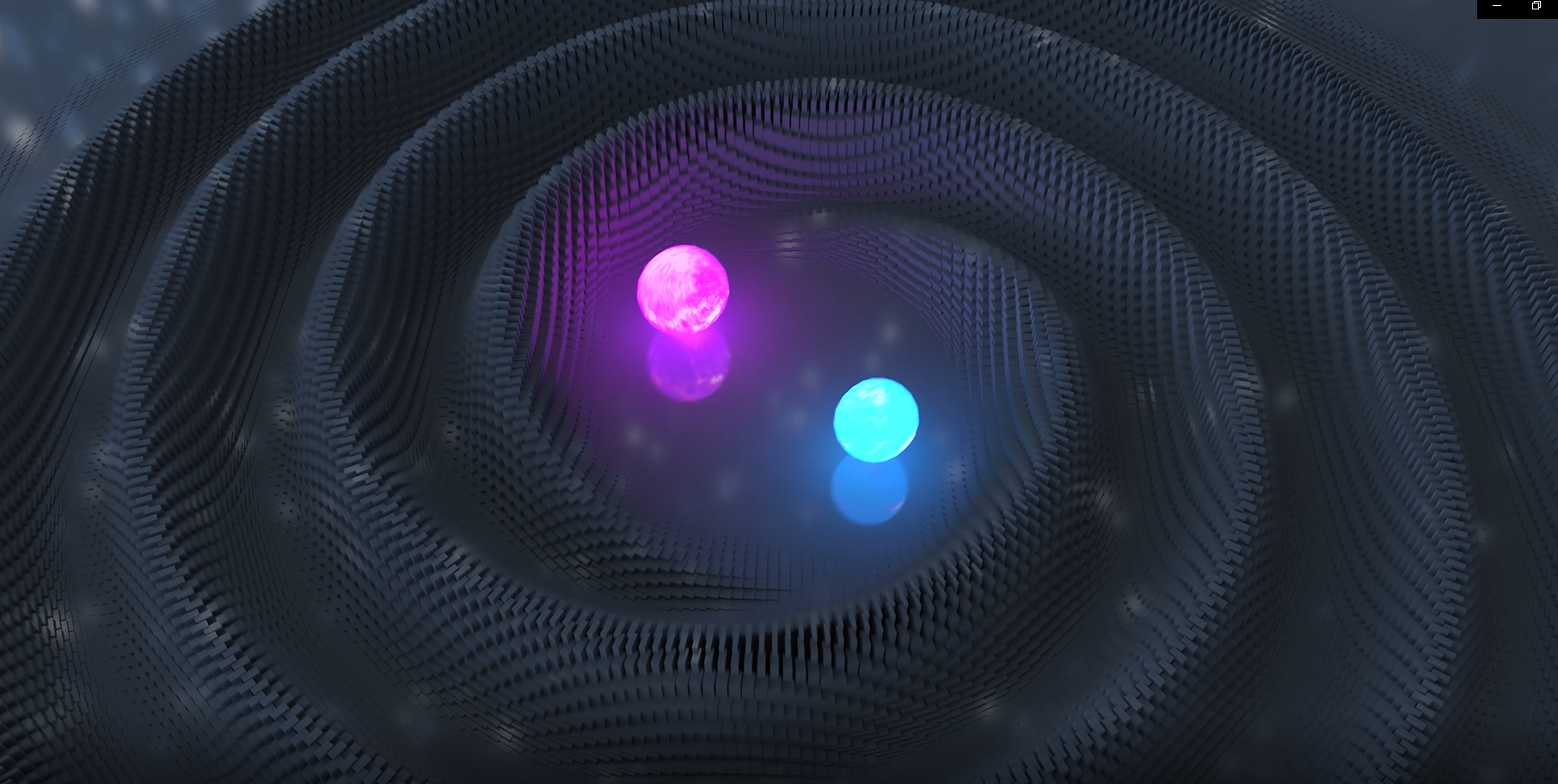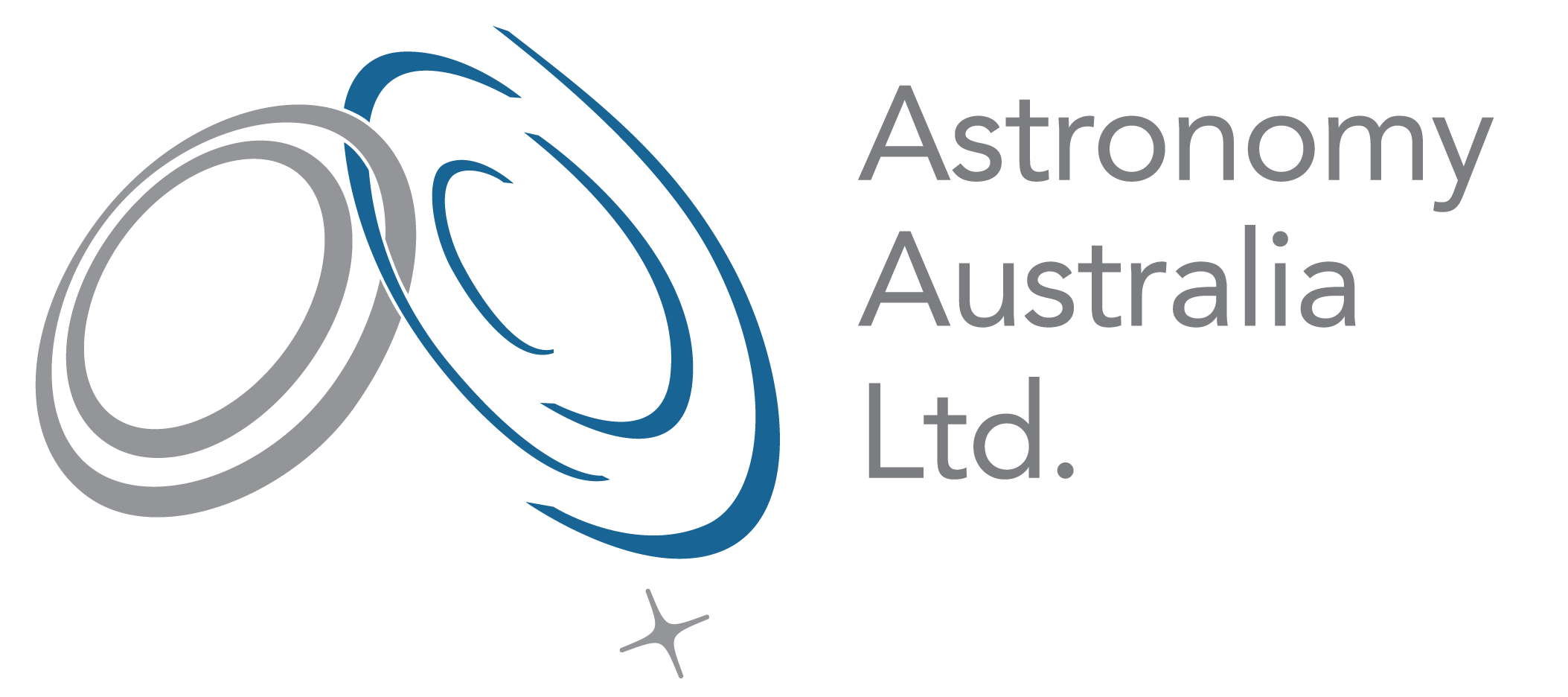
AAL is pleased to announce that it has funds to support an initial study into an Australian Gravitational Wave Observatory.
The work (to be completed over an 18-month period) will be funded through the Astronomy NCRIS program and OzGrav. AAL has a budget of up to $300k for an 18-month period to subcontract to the selected tenderer(s). OzGrav will contribute a further $100k.
This is an initial call to both institutions and individuals to gauge interest in participating in the study. You may respond to express your interest by emailing james.murray@astronomyaustralia.org.au. AAL intends to take the next step in the process (which may include a competitive process) in May.
Australia has a long and deep involvement in developing the instrumentation that now forms part of an international network of gravitational-wave observatories. Australian scientists have also made significant contributions to the analysis of gravitational-wave data and to the electromagnetic follow-up of gravitational-wave events. This has allowed us to become partners in the LIGO Collaboration that built and operates the two LIGO observatories.
The discovery of gravitational waves was awarded the 2017 Nobel Prize for Physics; Australia’s contributions were recognised explicitly with the 2020 Prime Minister’s Prize. The LIGO observatories have been joined by Virgo (Europe) and KAGRA (Japan) to form a global network of “second-generation” observatories. The OzGrav Centre of Excellence, founded in 2017 and re-funded in 2023) provides Australian government support for the field through to 2030.
The proposed third-generation observatories are Cosmic Explorer in the US, and the Einstein Telescope in Europe. In 2021, the European Strategy Forum on Research Infrastructures (ESFRI) announced that the Einstein Telescope will be part of the 2021 upgraded ESFRI roadmap, and the US Decadal Plan for Astronomy recommended investment in Cosmic Explorer as a top priority. Both facilities are slated for operation in the latter half of the 2030s.
Gravitational-wave astronomy and the development of an Australian observatory has considerable alignment with national strategic goals, including:
Expected deliverables may include:
Institutions – AAL member institutions may wish to indicate their interest in recruiting the personnel to conduct such a study, or perhaps wish to indicate that they already have the capability in place. Note: This is not intended to be a formal call, but rather an opportunity for AAL to gauge interest and whether a formal call will be required.
Individuals – Individuals who have considerable experience with billion-dollar scale research infrastructure projects may also contact AAL. While AAL does not intend to directly recruit someone to undertake this study, AAL is interested to gauge the options from qualified individuals. Note: We have not yet specified the position description for any role.
For further information or to express your interest in the project please email james.murray@astronomyaustralia.org.au by April 30th. James will then arrange a time to discuss these matters with you, and possibly other relevant stakeholders, if appropriate.
